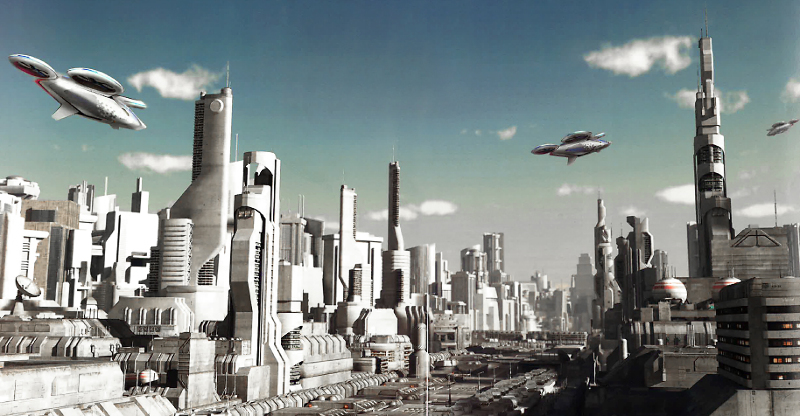Experts from Airbus Group are exploring radical concepts to relieve urban congestion. Participating in these efforts is A3, the company’s innovation outpost located in Silicon Valley. A3 project executive Rodin Lyasoff and his team are actively pursuing a project coined Vahana, an autonomous flying vehicle platform for individual passenger and cargo transport.
Flight tests of the first vehicle prototype are slated for the end of 2017. Lyasoff insists that it is feasible. “Many of the technologies needed, such as batteries, motors and avionics are most of the way there,” he explains. However, reliable sense-and-avoid technology is still not mature.
Transport service providers are one target group for such vehicles. The system could operate similarly to car-sharing applications, with the use of smartphones to book a vehicle. Officially underway since February 2016, the project’s team of internal and external developers and partners have agreed on a vehicle design and is beginning to build and test vehicle subsystems.
In February, Airbus Helicopters and the Civil Aviation Authority of Singapore (CAAS) signed a memorandum of understanding allowing Airbus Helicopters to test a drone parcel delivery service on the campus of the National University of Singapore in mid-2017.
In the Asian city-state, Airbus Helicopters will be able to develop the project in collaboration with the aviation authority. The success of the pilot phase could lead to the beginnings of commercial projects starting in Singapore.
For the last two years, Airbus Helicopters has been working on a breakthrough design that could soon become reality without having to wait for too many regulatory changes. So far, it has been kept under wraps. Developers in France and Germany are working on an electrically operated platform concept for multiple passengers. The aerial vehicle, which goes by the working title of CityAirbus, would have multiple propellers and also resemble a small drone in its basic design. While initially it would be operated by a pilot – similarly to a helicopter – to allow for quick entry into the market, it would switch over to full autonomous operations once regulations are in place, directly benefitting from Skyways and Vahana’s contribution.
Several companies are busy refining their flight taxi prototypes. In March, the fully electric Volocopter made by the German manufacturer e-volo lifted off with a person on board for the first time. And a few months ago, SpaceX head Elon Musk restated his interest in electrically powered vertical take-off and landing jets.

